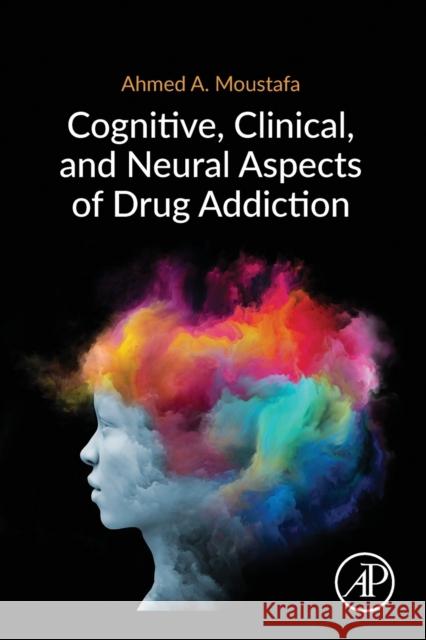Cognitive, Clinical, and Neural Aspects of Drug Addiction » książka
topmenu
Cognitive, Clinical, and Neural Aspects of Drug Addiction
ISBN-13: 9780128169797 / Angielski / Miękka / 2020 / 340 str.
Kategorie:
Kategorie BISAC:
Wydawca:
Academic Press
Język:
Angielski
ISBN-13:
9780128169797
Rok wydania:
2020
Ilość stron:
340
Waga:
2.48 kg
Wymiary:
22.86 x 15.24 x 1.8
Oprawa:
Miękka
Wolumenów:
01
Dodatkowe informacje:
Bibliografia











